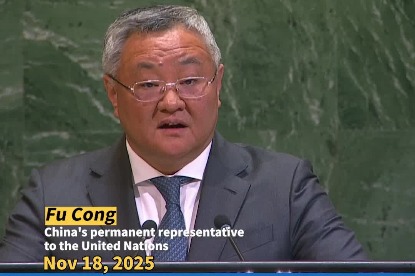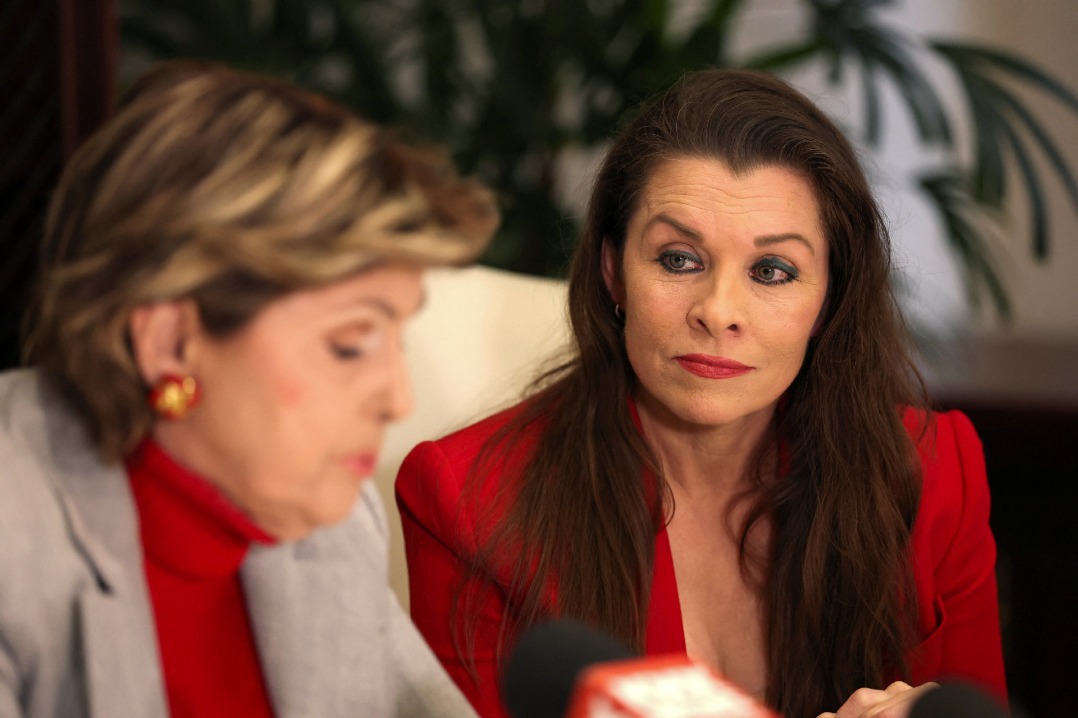Climate is key to Germany's next government


Climate policy looks likely to be an increasingly important issue for Germany's next government as the process of building a coalition continues, following last weekend's elections.
The center-left Social Democratic Party (SPD) edged out the party of outgoing Chancellor Angela Merkel, the Christian Democrats (CDU/CSU), taking 25.7 percent of the votes as opposed to their 24.1 percent. In third place were the Greens, on 14.8 percent, with the liberal Free Democrats (FDP) fourth on 11.5 percent.
These two smaller parties are the ones with which the SPD's Olaf Scholz, the country's likely next leader, will seek to form an alliance, but he will face a balancing act.
Annalena Baerbock, co-leader of the Greens, has said the next government "must be a climate government", but Volker Wissing, general secretary of the FDP, told broadcaster ARD he trusted the free market rather than regulation to achieve climate goals.
"People don't want climate protection at the expense of prosperity, and people also don't want prosperity at the expense of nature and environment," he said.
"That's why we need to bring these things together and work out a solution as to how we can reconcile climate protection and prosperity."
Both parties want control of the key role of finance minister, and both support a climate ministry, although the Greens want one with more power over wider government policy than the FDP do.
Overall, however, there is a general agreement on issues such as carbon neutrality targets, and with the country having resisted a lurch to either political extreme, German businesses seem to be optimistic about the prospects for the new government.
"I expect the Greens to drive the government in the right direction, while the liberals will keep the focus on the free market," chemical company boss Henrik Follmann told the Financial Times.
Even traditional heavy industry backs a new, greener approach.
Herbert Diess, chief executive of car manufacturer Volkswagen, has called on the government to raise the cost of CO2 emissions to even higher than the Greens' manifesto figure, to make real change happen. "Only tangible measures will advance decarbonization," said Diess, whose company is spending 35 billion euros ($40.4 billion) on developing electric vehicles.
He has also called for the phasing out of coal to be brought forward from its current target date of 2038, a date supported by Scholz, but opposed by the Greens, who want it moved to 2030.
Baerbock has spoken of the danger of relying on higher CO2 prices to solve the emissions problem, giving every indication that she will fight the Green corner in whatever political wrangling takes place.
"The market won't regulate the climate crisis, because the market does not care about people," she said in a speech in the Bundestag, Germany's Parliament.
Climate issues were prominent in the election campaign, but now the result is known, the electorate will expect to see words turned into actions.
"If (the parties) mean it, they have to get serious now no matter what coalition," Ottmar Edenhofer, chief economist at the Potsdam Institute for Climate Impact Research, told the Politico website. "All parties are facing the same challenge … Whoever procrastinates now is driving up the costs and risks to all people."
































